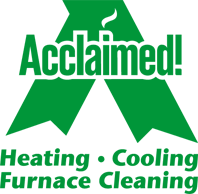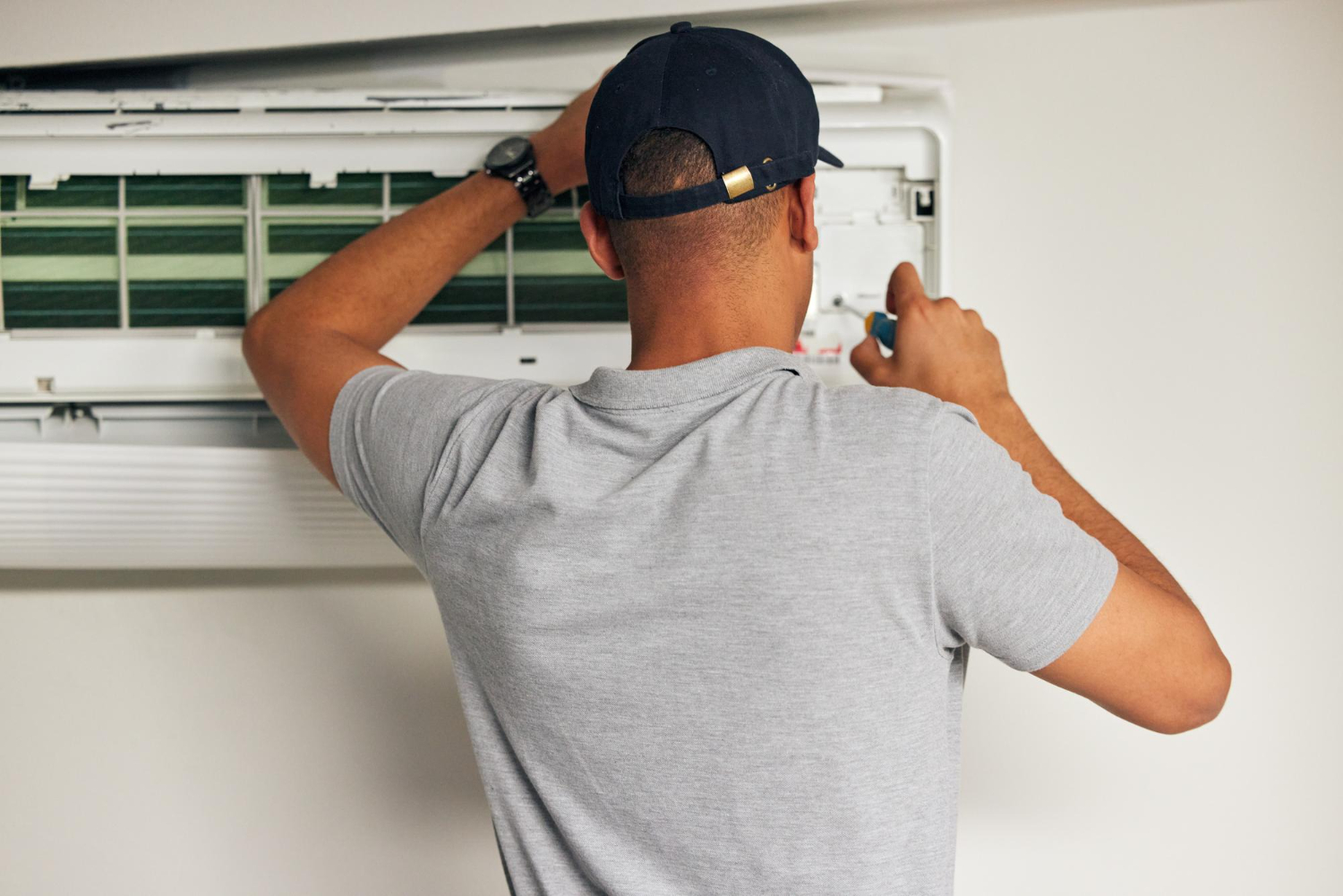As the lifeline of indoor comfort during warmer months, an air conditioning unit must perform efficiently to keep your home pleasant. Over time, even the most reliable systems begin to show signs of wear, impacting both performance and energy consumption. Knowing when it’s time to consider an AC replacement can prevent unexpected breakdowns and ensure continued comfort.
Several variables determine the lifespan of an air conditioning system, including its age, maintenance history, and level of use. Assessing these factors allows homeowners to make informed decisions about replacement before faults become a serious inconvenience. By acting promptly, you can avoid the pitfalls of an ineffective cooling system.
Deciding when to replace an air conditioner involves understanding the key indicators of inefficiency and recognizing when repair costs outweigh the benefits. When the signs point towards replacement, upgrading to a modern unit can provide enhanced efficiency and air quality.
Recognizing Signs of Inefficiency
An essential factor in AC replacement decisions is identifying signs of inefficiency. Frequent breakdowns are a common symptom, indicating that the system is struggling with mechanical failures. As parts wear out, repair needs increase, leaving you with the inconvenience of a unit that cannot operate reliably. A spike in energy bills further points to inefficiency. If your monthly cooling costs rise despite average usage, it may signal that the air conditioner is working harder to achieve desired temperatures.
Older units are particularly prone to these inefficiencies due to outdated technology and materials. With age, these systems often struggle to maintain comfort levels, leaving some rooms warmer than others. This inconsistency not only affects your comfort but also adds pressure on the system, accelerating wear and tear.
It’s also important to observe changes in the noise level of your AC. Unusual sounds, such as grinding or rattling, could indicate declining performance. These noises often result from loose or worn components, necessitating frequent maintenance. Addressing these inefficiencies sooner rather than later can save you from escalating costs and discomfort.
Evaluating Repair Costs Versus Replacement
When repair costs begin to mount, it becomes crucial to evaluate whether continuing repairs are economically viable. Start by assessing the frequency and severity of issues. If repairs are required several times a season, this pattern suggests you’ve reached a tipping point. The cost of major component replacements, like compressors or coils, can be substantial and may not be justifiable if similar issues persist.
Consider these key factors when weighing repair against replacement:
– Age of the Unit: Older units are less efficient and may offer limited returns on investment for repairs.
– Repair Costs: Compare the cost of recent and anticipated repairs to the price of a new system.
– Energy Efficiency Ratings: Newer models offer improved efficiency, translating to lower operational costs over time.
– Comfort Levels: An AC that struggles to provide consistent cooling might indicate that replacement is the better long-term choice.
Comparing replacement costs with the cumulative repair expenses often highlights that investing in a new, more efficient system becomes financially prudent. This investment reduces energy consumption, thus cutting monthly bills. New systems offer enhanced features like programmable thermostats and improved filtration, boosting overall comfort and indoor air quality. This change ultimately reflects a wise decision, saving both money and enhancing comfort over the system’s lifespan.
Age of the Air Conditioning Unit
The age of your air conditioning unit is a crucial factor when considering a replacement. Typically, air conditioners have a lifespan of 10 to 15 years, depending on how well they have been maintained and the frequency of use. As units age beyond this period, they often exhibit reduced efficiency and require more frequent repairs, indicating it’s time to evaluate a replacement.
New technological advancements have significantly improved the energy efficiency and capabilities of modern air conditioners. Newer models consume less energy while offering better cooling performance. Features like advanced compressors, variable-speed fans, and programmable thermostats are designed to optimize comfort and reduce energy consumption, which can result in substantial energy savings over the years.
With rising energy costs and a focus on sustainability, the investment in a new, more efficient air conditioning system can be justified. Moreover, increased efficiency often means a lower carbon footprint, helping to contribute to environmental conservation efforts. These factors highlight the benefits that come with upgrading to a new AC system, offering both immediate and long-term advantages for your home and energy bills.
Changes in Indoor Air Quality
Air conditioners play a vital role in maintaining indoor air quality, and a failing unit can heighten concerns in this area. Poor air quality due to dust and allergens may result from an inefficient system that fails to properly filter and circulate air. Over time, this can lead to discomfort and health issues for occupants, especially those with allergies or respiratory conditions.
Replacement becomes crucial when the system no longer effectively filters these particulates. Newer air conditioning systems are equipped with improved filtration systems designed to enhance air purity. These systems can significantly reduce airborne particles, making your indoor environment healthier and more enjoyable.
In addition to better filtration, recent models often support enhanced technology like air purifiers and humidity controls, further raising the standard of indoor comfort. By replacing an older unit, you ensure that your home’s air quality is maintained at optimal levels, contributing positively to the well-being of you and your family.
Get Your AC Replaced Today
Deciding when to replace your air conditioning unit involves several considerations, each crucial for improving comfort, efficiency, and air quality. By recognizing the signs of inefficiency and evaluating the cost implications of repairs versus replacement, you can make informed choices that benefit both your home and your finances. Upgrading an older air conditioning system not only improves functionality but also aligns with modern expectations for sustainability and energy efficiency.
Additional factors, such as the age of the system and changes in indoor air quality, should also play a part in your decision-making process. By selecting a new, technologically advanced unit, you benefit from improved comfort, lower energy costs, and healthier indoor air. These advantages make it evident that replacement is often the most rational choice.
If you’ve identified these indicators in your current system, consider reaching out to Acclaimed! Heating, Cooling & Furnace Cleaning. Our team of experts can provide AC replacement services in Sherwood Park, AB, ensuring you receive a solution tailored to your specific needs. Take the first step towards enhanced comfort and energy efficiency by contacting us today.









